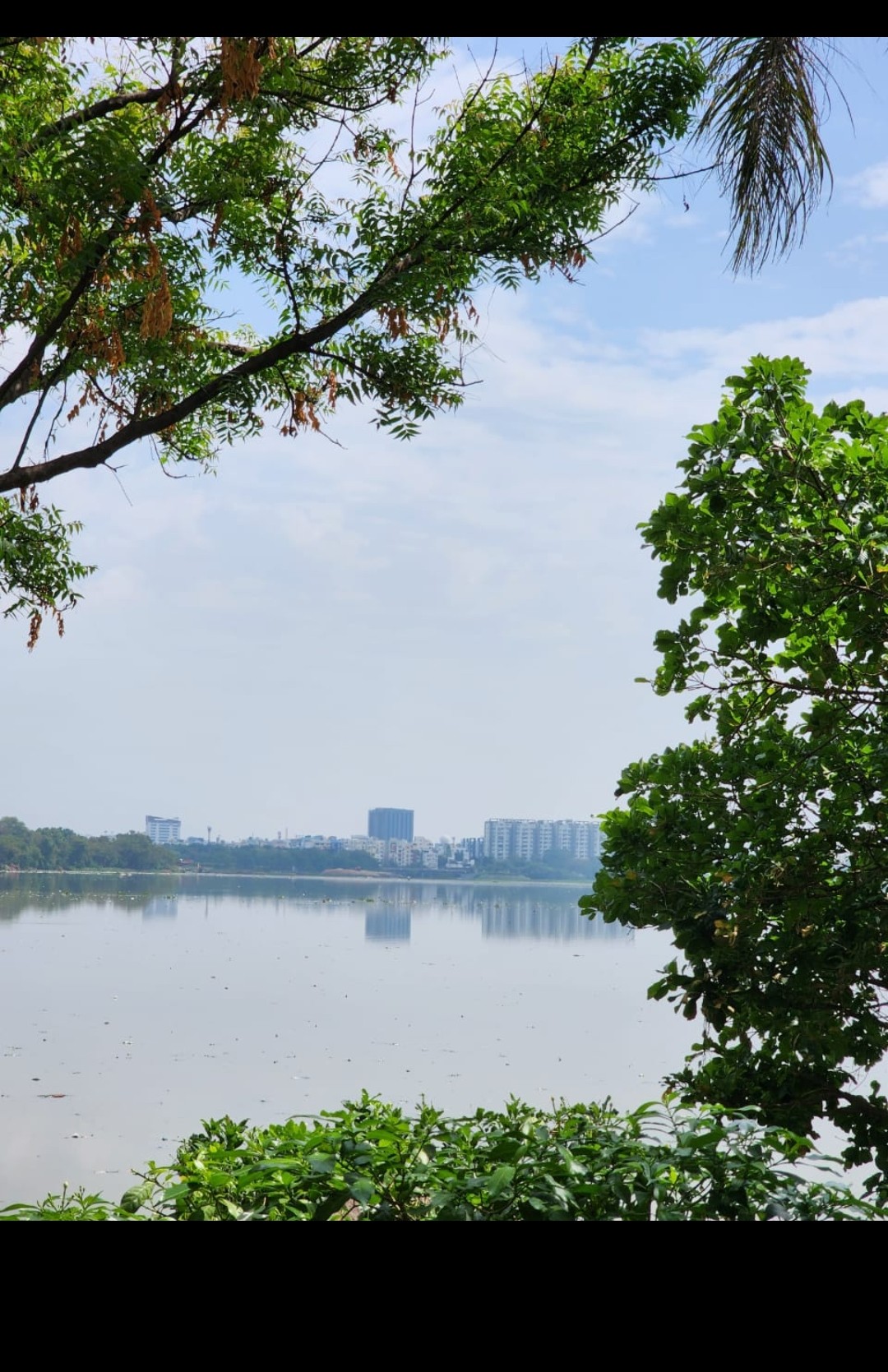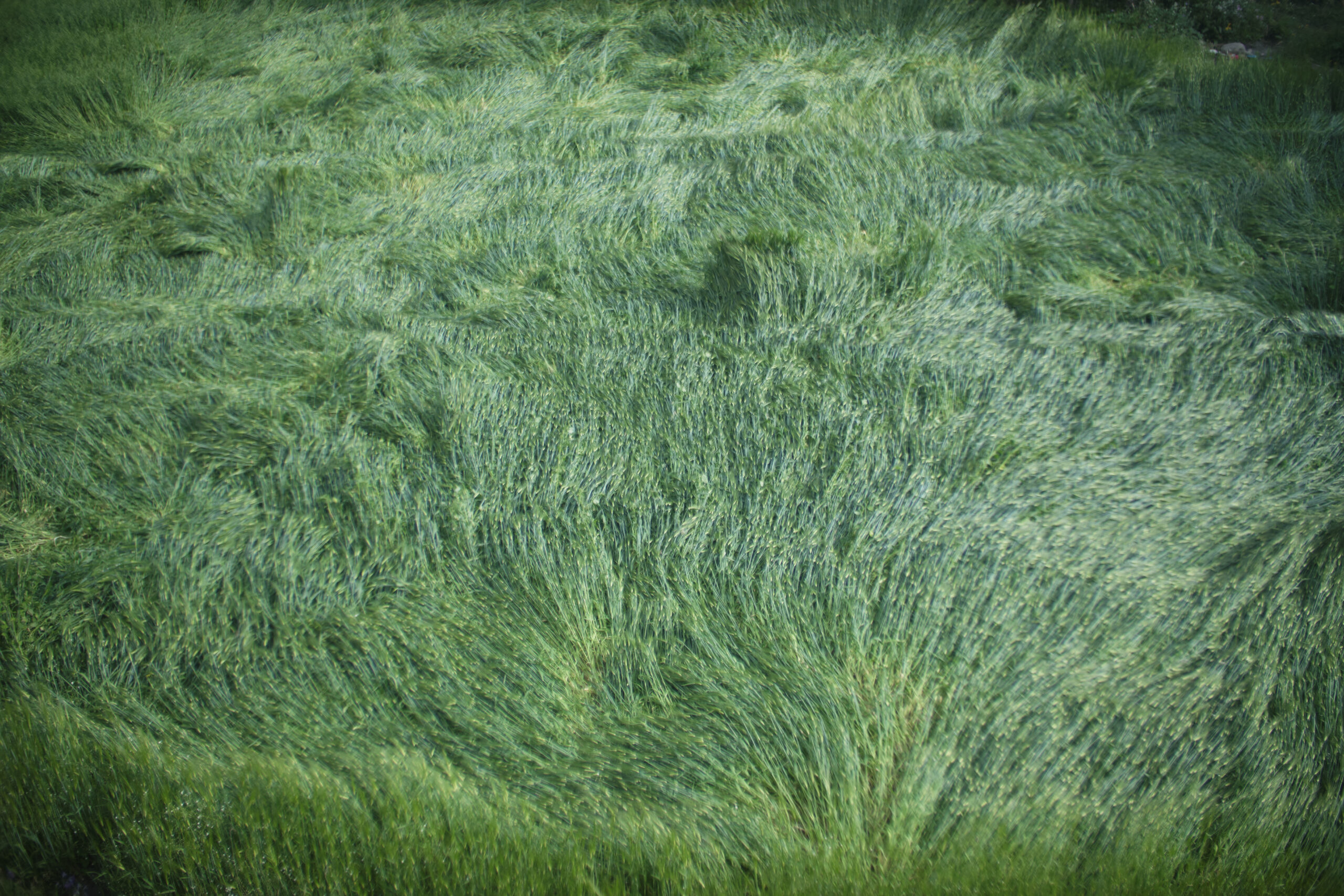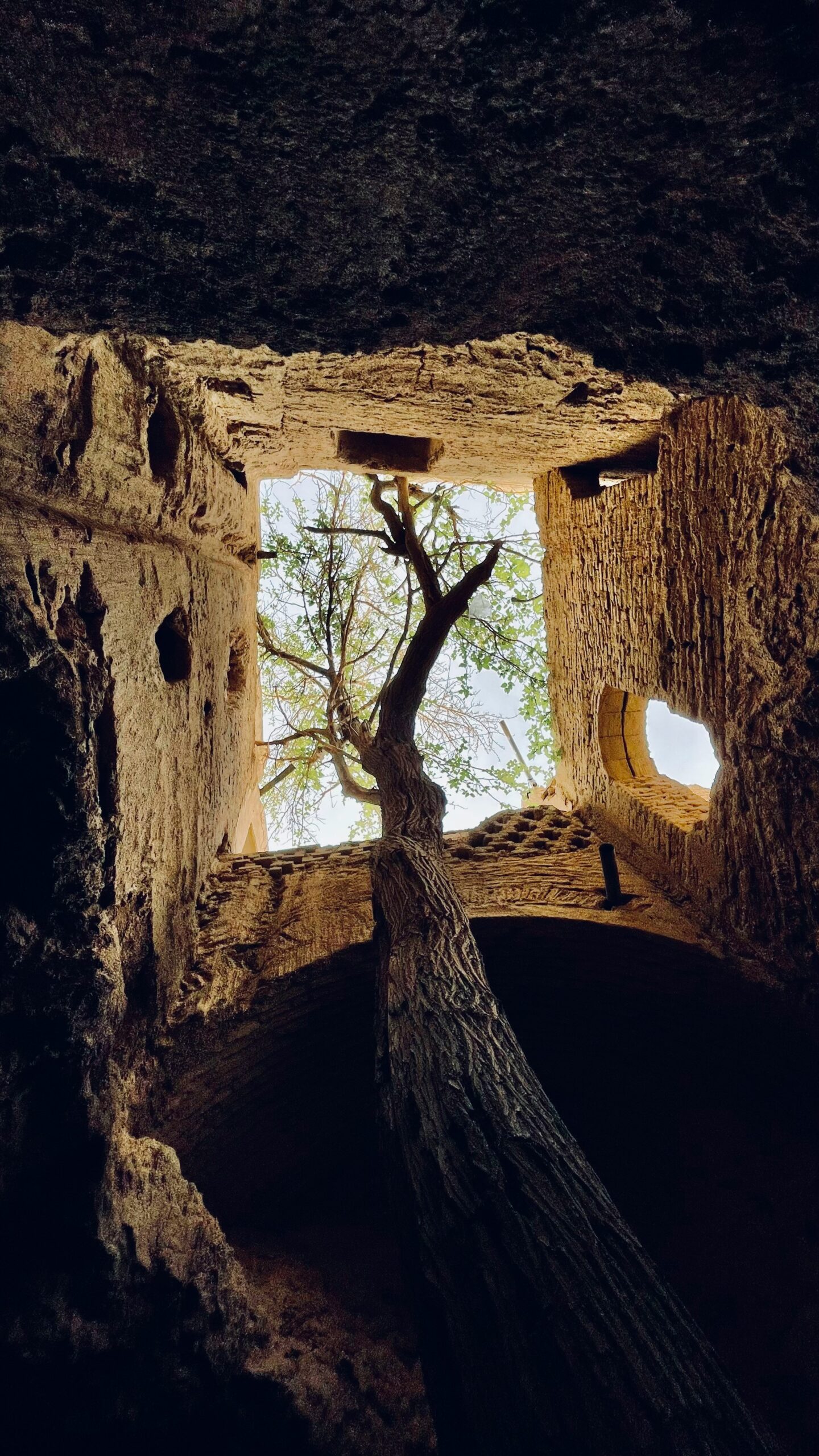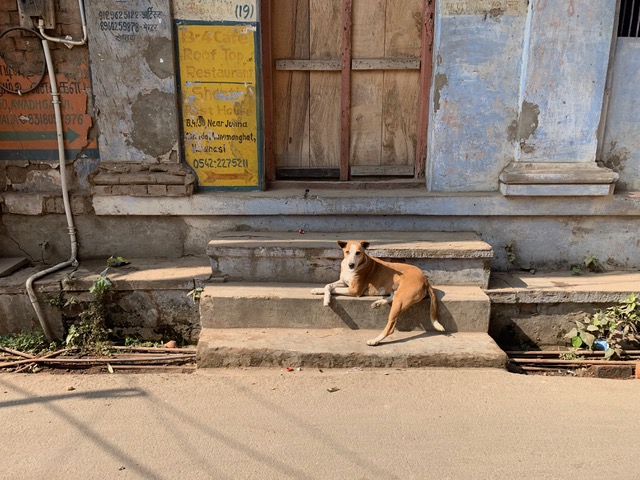When it rains in Hyderabad, it doesn’t whisper. It roars. The sky opens up like it’s had enough, and the city below scrambles to make space for the storm.
The first thing I notice is the puddles—sudden mirrors forming over broken roads. They spread quietly, taking over potholes and corners. What was already uneven now becomes invisible. Vehicles wobble like newborns. People try to tiptoe through the mess, but the water finds a way in—into shoes, shops, and homes.
Then comes the burst—somewhere, a transformer gives up. The lights flicker once, twice, then disappear. It’s the kind of darkness that doesn’t feel romantic, but tired. Like the city is saying, “I need a break too.” Power cuts stretch longer than expected. Phone batteries die. Fans stop. And the waiting begins.
But the worst part? It’s not the inconvenience—it’s the injustice.
Rain doesn’t fall selectively. But its damage is never shared equally.
People living on the roads watch their makeshift shelters collapse. Tarpaulins flap helplessly. Their few belongings—blankets, plastic bags, tin boxes—get swept away like forgotten things. I once saw a child holding a soggy biscuit packet, her eyes bigger than the sky. Her world was drenched, but she didn’t cry. She just stood still, like the city had paused inside her.
No one comes to help immediately. Not because they don’t care, but because no system is ever ready. It’s always a surprise, though rain isn’t new.
People are stuck in traffic, in potholes, in silence. There’s a strange quiet that comes with chaos. Horns blare, yet everything feels still. We wait—for water to drain, for light to return, for normal to begin again.
And somewhere in all this, someone’s taking a rain selfie. Someone’s singing an old song about barsaat. The contrast is so sharp, it cuts. Some see the rain as poetry. Others, as pain. Maybe it’s both. Maybe cities are meant to carry that contradiction.
Hyderabad after the rain isn’t just a place—it’s a mood. It smells like wet earth and frying pakoras. It feels like damp clothes and helplessness. It sounds like thunder mixed with someone’s loud radio.
And in that mix, there are stories. Some get washed away. Some stay behind, waiting for someone to notice.
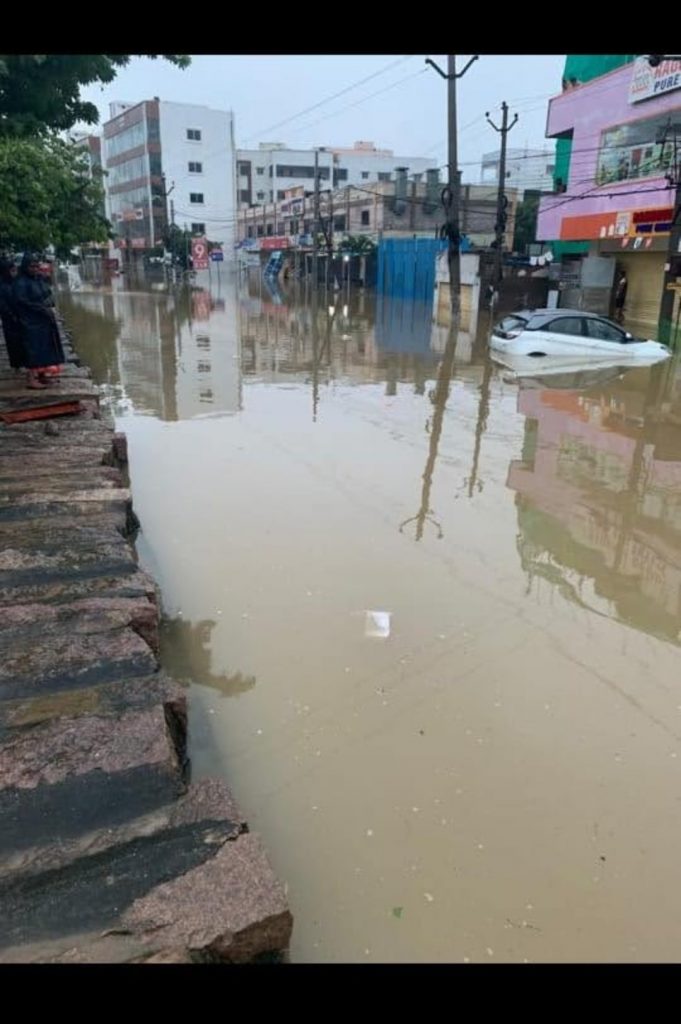
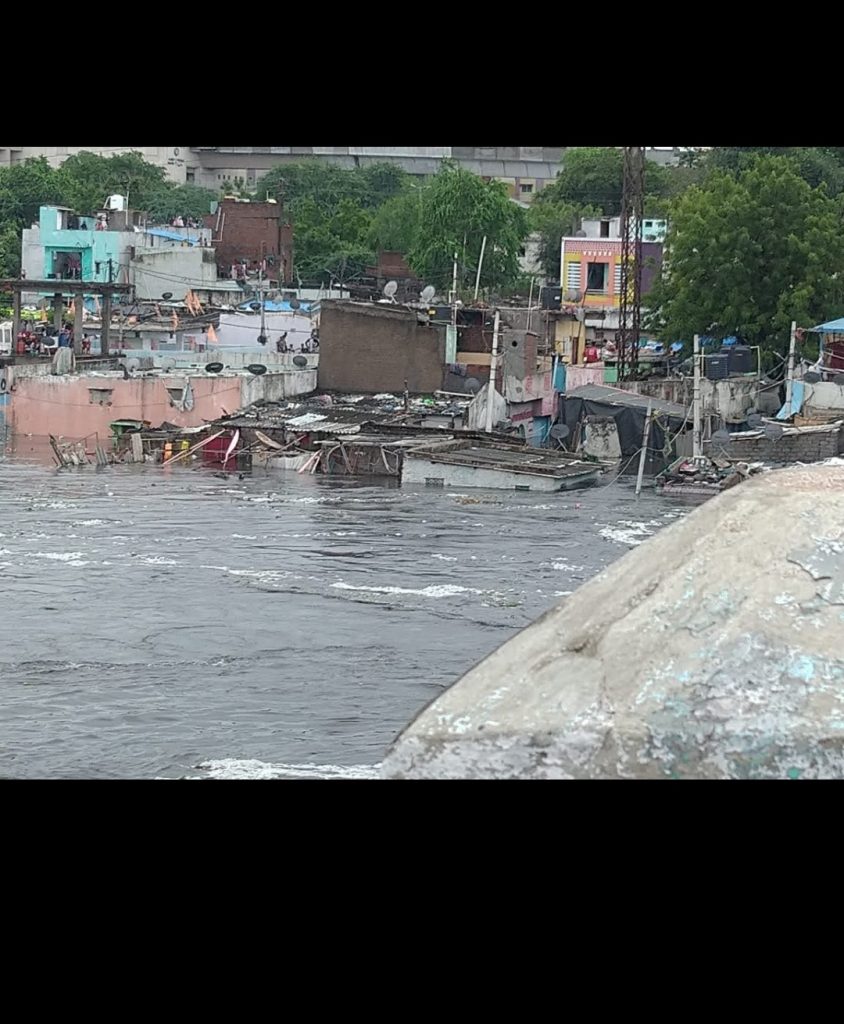
Author’s Note:
Rain in Hyderabad, India, always feels like a story with two sides. For some, it’s poetry in motion—chai, memories, a brief pause from chaos. For others, it’s disruption—flooded homes, missed wages, and long walks through waterlogged streets. I’ve often found myself caught between those worlds, watching the beauty of a downpour while hearing the distress it causes not far away. This piece holds space for both those experiences—the comfort and the crisis—that the city wears after the rain.
Author Bio:
Born in Saudi Arabia and now based in Hyderabad, Ayesha is a former Assistant Professor of English, a passionate video editor, and a full-time mother of two. She writes from a space of lived experience — of anxiety, healing, identity, and rediscovering purpose. Her words often blend quotes, emotions, and raw truths that make readers feel seen.
Banner Image Credits: The author
